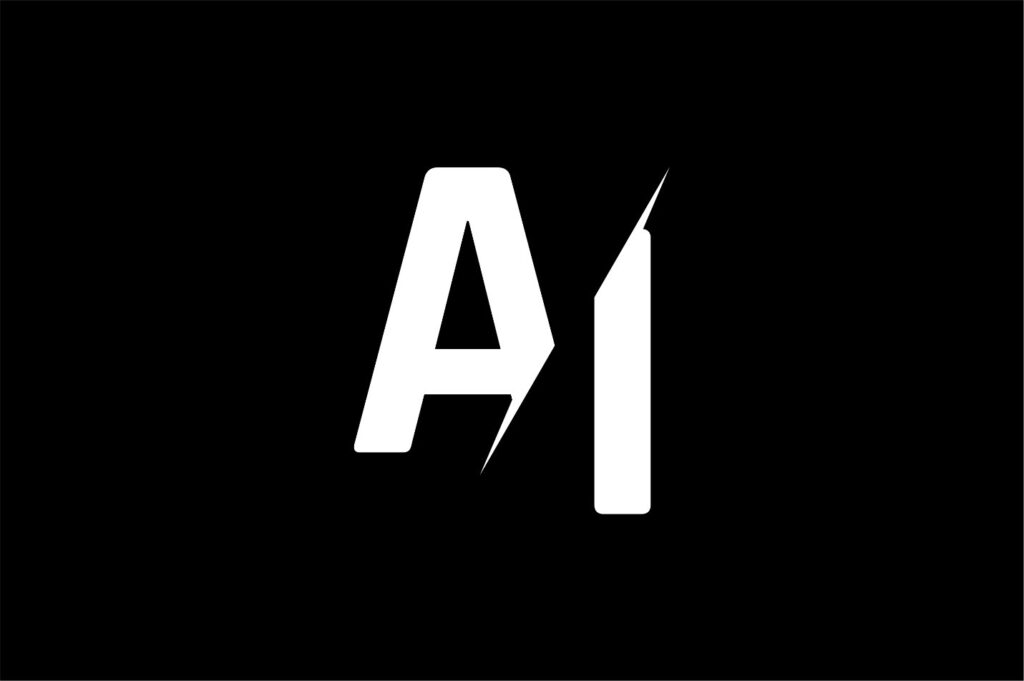The advent of artificial intelligence (AI) and its introduction into the classroom has been something of a double-edged sword for educators, particularly in higher education. Teachers need to concern themselves with whether the work a student submits is their own, the product of an AI prompt (a directive fed into a large language model (LLM)), or some combination thereof.
On the one hand, it’s important to for students to research and produce their own work. On the other hand, properly used, AI tools can enhance a student’s knowledge and result in a more-complete education on any given topic. Perhaps most important is the need to recognize that AI is here to stay, its influence, including in an educational environment, will only increase over time, and educators need to adapt now to ensure their students are getting the greatest benefits from their education.
An investment in knowledge
In mid-April 2024, San Diego State University hosted the ‘Academic Applications of AI Summit.” The event brought together more than 200 educators, IT experts, and business leaders including representatives from all 23 California State University campuses to debate the impact AI will have in education and they can prepare for its influence and best leverage it in the classroom. They were joined by industry professionals from Google, Microsoft, Amazon Web Services, Zillow, and ServiceNow.
SDSU’s Interim Chief Information Office and vice president for information technology, James Frazee shared that an October 2023 survey revealed that nearly 60 percents of SDSU students were already using AI, yet less than 20 percent of faculty had incorporated AI into their classrooms.
Meanwhile, a December 2023 report from Ithaca, NY-based Cornell University sought to provide insight on how generative AI can help, hinder, or influence academic research. The report, “Generative AI in Academic Research: Perspectives and Cultural Norms,” provided a summation of best practices faculty and researchers can use to navigate the new technology.
“An investment in knowledge pays the best interest.”
—Benjamin Franklin, 18th Century statesman, diplomat, and inventor.
Cornell assembled a task force of researchers, faculty, and staff, led by Dr. Krysten Val Vliet, the university’s vice president for research and innovation. “Providing guidance on generative AI can be a challenge given the evolving nature of the tool,” Van Vliet said. “This report is not the be-all and end-all, but its’ the first step in a larger conversation.”
The Cornell report identified three key areas of concern as educators adopt AI:
Data privacy One of the predominant AI platforms in use today, ChatGPT, is neither secure nor private. For researchers, that means their work could be incorporated into the platform and potentially leaked before it’s fully developed causing concerns about misuse of abuse of the data.
Transparency It’s critical that researcher be transparent about whether, and how, AI was used in their work. Without proper disclosure the research community may have difficulty replicating the test studies to validate the work.
Responsibility Researchers need to take care that any work produced by AI is accurate. All of the currently available AI tools have biases, weaknesses, and can sometimes “hallucinate” – invent results that have no basis in reality.
In New York state, the State government recently announced that its 2024-25 budget includes US$250 million to create Empire AI (New York’s nickname is “the Empire State.”), a computing and research facility at the University of Buffalo designed to hasten and expand the use of AI across the state. The university also announced that it will contribute and additional US$25 million over the next 10 years to the initiative.
Empire AI will be a not-for-profit consortium of researchers and scientists. The impetus for the enterprise is to ensure New York’s workforce develops in conjunction with AI as well as developing best practices to ensure data protection and privacy.





